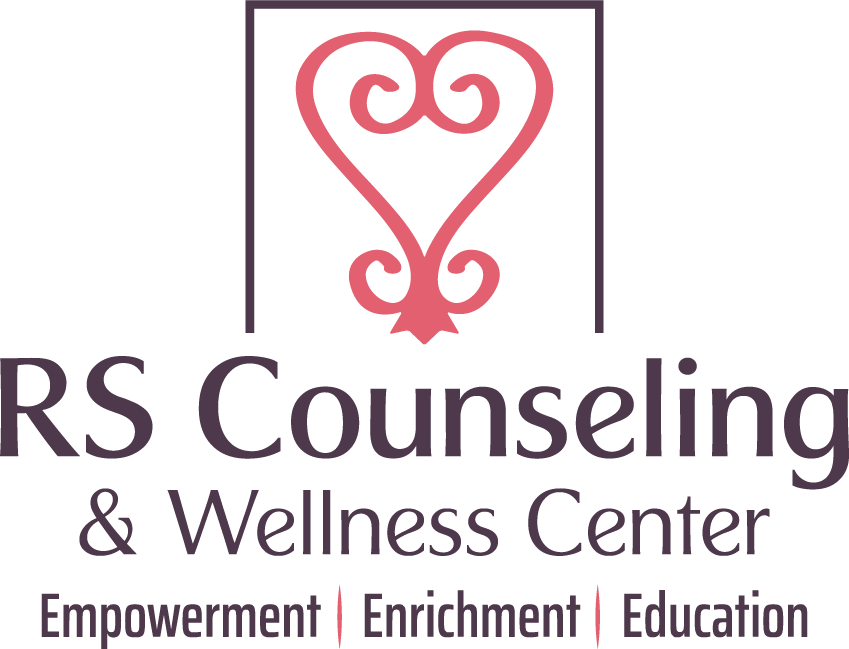Supporting Clients within the Antepartum and Postpartum

By: Alexis Fredrick-Bouy
Categories:
Supporting Clients within the Antepartum and Postpartum
Supporting Clients within the Antepartum and Postpartum: A Guide for Mental Health Professionals
Bringing new life into the world is a miraculous and transformative experience, but it can also be accompanied by a range of physical, emotional, and psychological changes. As mental health professionals, our role in supporting clients during pregnancy(antepartum) and after childbirth(postpartum) is crucial for promoting maternal and infant well-being. In this blog post, we explore the unique needs of clients during these stages and offer strategies for providing compassionate and effective care.
Antepartum Care
The antepartum period, spanning from conception to childbirth, is a time of profound change and preparation for expectant mothers. As mental health professionals, our focus during this stage is on promoting maternal mental health and addressing any feelings that may come up.
Build Trust and Rapport
Establishing a trusting relationship is essential for any relationship and those in the antepartum period need to feel the person they are seeking for help understands them. Pregnancy can be a scary time and there are a lot of complications or issues that can potentially arise. Listen to your client and be curious about what may be going on for them within this stage of pregnancy.
Provide Education and Support
Empower clients with their rights and how to advocate for themselves to other mental health professionals during this time. Discuss and explore pros and cons of continuing psychiatric medications and possible alternatives while pregnant if necessary.
Postpartum Care
The postpartum period or "fourth trimester", is a time of adjustment and recovery for new mothers. While there are physical concerns that may arise, this is also a critical period for emotional and mental health issues to arise as well.
Support Emotional Well-Being
Many new mothers experience an emotional rollercoaster during the postpartum period. This is important to recognize and validate for your clients. Common diagnoses during this time is anxiety, mood disorders, and postpartum depression. Frequently check-in with your client during this time and provide referrals when appropriate.
In conclusion, supporting clients within the antepartum and postpartum periods require a holistic approach that includes their emotional and psychosocial needs. By providing compassionate and evidence-based care, we can empower clients to navigate the joys and challenges of pregnancy, childbirth, and early parenthood with confidence.
To learn more, join us using the link below:
https://www.rscourses.com/courses/WorkingAntepartumandPostpartum1CE
